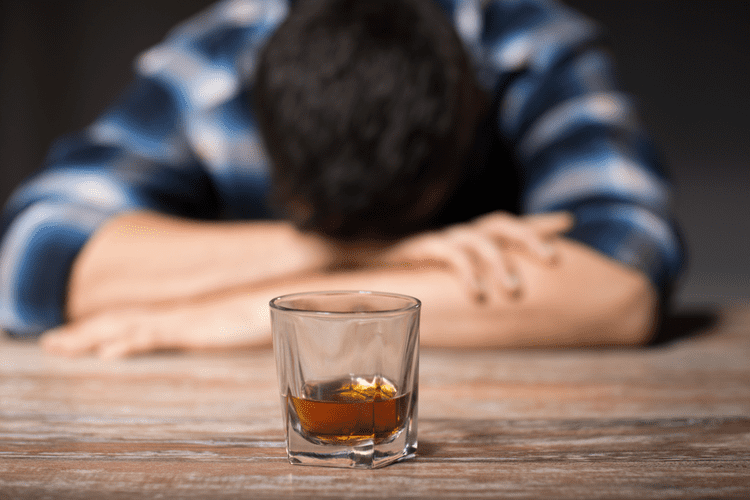Treatment for Alcohol Problems: Finding and Getting Help National Institute on Alcohol Abuse and Alcoholism NIAAA
Content
This can make it difficult for a doctor to identify who might benefit from alcohol dependency screening. Dopamine levels in the brain rise after consuming alcohol. Dopamine levels may make the drinking experience more gratifying. A person who drinks excessive amounts of alcohol will often not be the first person to realize that this is so. Alcohol abuse disorder refers to a long-term addiction to alcohol.
11 ways to curb your drinking – Harvard Health
11 ways to curb your drinking.
Posted: Mon, 16 May 2022 22:14:45 GMT [source]
Combined with treatment led by health professionals, mutual-support groups can offer a valuable added layer of support. Stopping alcohol use abruptly is the riskiest way to quit drinking. If you feel physical cravings or withdrawal symptoms when you quit drinking, you shouldn’t try to stop cold turkey. Casual or social drinkers may be able to quit cold turkey. The recovery process doesn’t end after 90 days of treatment. The transition back to life outside of rehab is fraught with the potential for relapse.
An Ongoing Process
Our website services, content and products are for informational purposes only. While our team of experienced journalists and https://ecosoberhouse.com/ medical experts offers timely wellness insights, news and reviews, we do not provide medical advice, diagnoses or treatment.
People who are dependent but not addicted to alcohol may not require rehab. The Recovery Village offers personalized treatment and therapy to meet your unique needs and overcome alcoholism. Perhaps you’re realizing for the first time that you might struggle with alcohol and have no idea how to overcome it. Maybe you have a friend who is struggling and you want to help. Whatever the case, moving towards recovery can feel like a complicated process. It is vital to realize each person’s situation is unique and influenced by many factors. Once you’ve cut back on your drinking (so you’re at or below the recommended guidelines), examine your drinking habits regularly to see if you’re maintaining this level of drinking.
MYTH #2: Only A Higher Power Can End Your Drinking
Remind yourself that one drink or a brief lapse doesn’t have to turn into a full-blown relapse. Alcohol abuse is often a misguided attempt to manage stress.
- This pressure may come from family, friends, clergy, other health care professionals, law enforcement or judicial authorities, or the employer.
- Being able to learn how you can live your life without being dependent upon alcohol to do so.
- Either way, it’s not too late for you to beat alcohol addiction.
- Building new relationships with people who also choose to avoid alcohol can have a lot of benefit.
- Daily notifications may keep people focused on recovery, and special notifications alert a person when they have reached a key milestone.
Any of these medications can make a big difference in battling physical addiction, making the psychological parts of alcohol dependence easier to work through. You don’t need to quit completely if that doesn’t work for you, nor do you need to “white-knuckle it” using sheer willpower. Medications now exist that how to overcome alcoholism can let you cut back or quit gradually, and reduce your cravings. Not only can these make the process less stressful, they often have a higher success rate than AA or quitting on your own. To begin with, other support groups exist, including SMART Recovery, LifeRing, and Secular Organizations for Sobriety .
Best for daily meditations: Twenty-Four Hours a Day
Milder cases — when people abuse alcohol but aren’t dependent on it — are as well. This evaluation includes questions about your symptoms, thoughts, feelings and behavior patterns. You may be asked to complete a questionnaire to help answer these questions. While there are no specific tests to diagnose alcohol use disorder, certain patterns of lab test results may strongly suggest it. And you may need tests to identify health problems that may be linked to your alcohol use.


